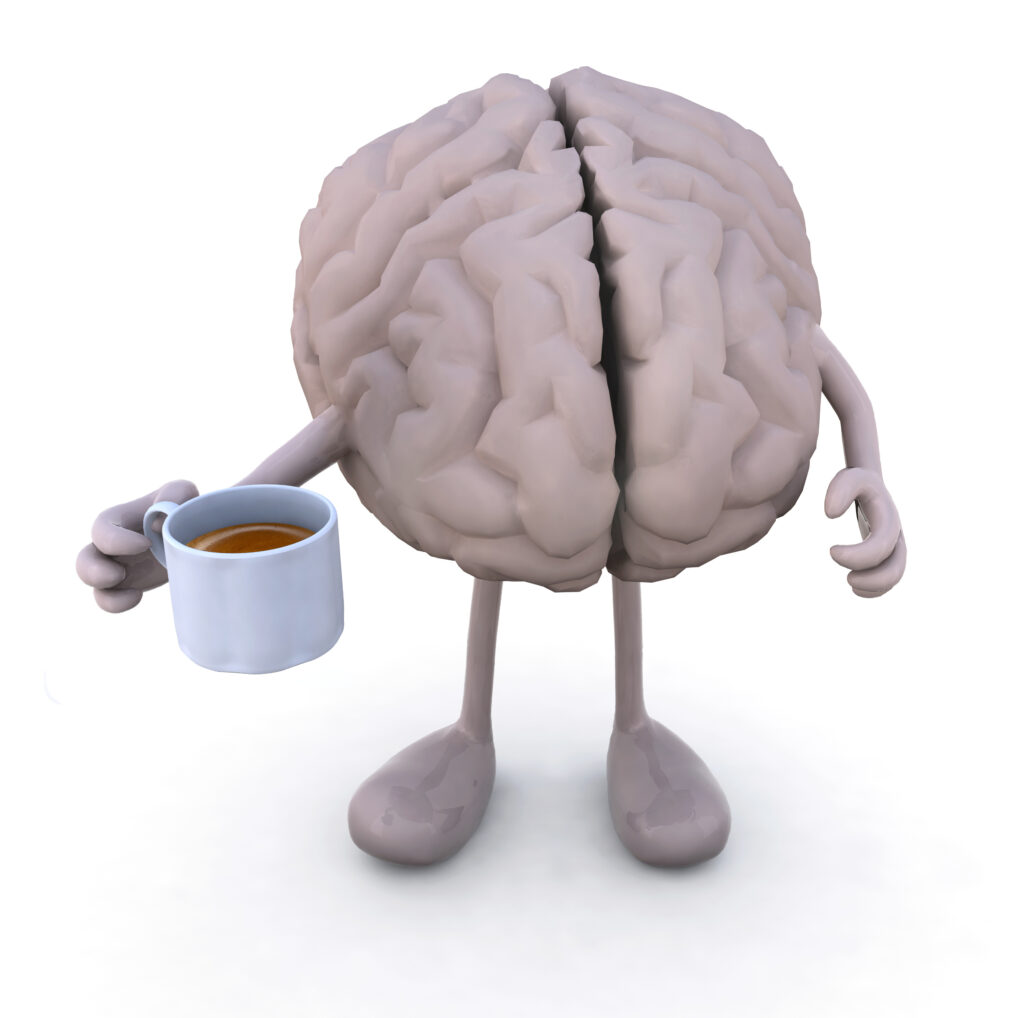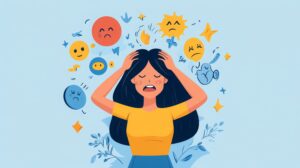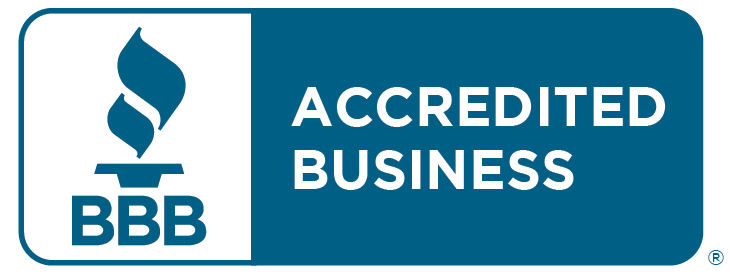Are you someone who can’t get going in the morning or can’t function in the late afternoon until you’ve had a large cup of joe? Maybe you struggle to wind down at the end of a long day? Are you one of those individuals who boast that caffeine doesn’t affect you? Do any of these sound familiar? If they do, it’s a sign that caffeine (and the risk of being over-caffeinated) is something to consider.
Caffeine is everywhere! It’s in coffee, energy drinks, tea, soft drinks, supplements, chocolate, protein bars, and some medications- the list is endless—and you might be consuming too much of it.
Caffeine is a stimulant and technically a toxin. It’s possible to be sensitive to caffeine and have trouble detoxifying. In that specific case, caffeine goes into overdrive in your body, and sits there longer when compared to another person who might process caffeine well, can detoxify well, or be blessed with the ability to do both with ease.
When it comes to our mental health, caffeine is definitely something to pay attention to. It can make anxiety worse as it’s a central nervous system stimulant. In some people caffeine can cause heart palpitations, which indirectly causes anxiety. It can interfere with the ability to sleep and putting you at higher risk for mood shifts the next day.
Caffeine on an empty stomach (a.k.a. your morning coffee) can increase insulin production, leaving you ravenous, irritable, and more anxious.
P.S.—I’m not here to tell you that you shouldn’t have caffeine. – I have my own favs!
P.P.S – Caffeine, in balance, makes us more alert, increases cognitive focus, and gives us more energy.
So, how much is enough vs. too much?
If you recognize these signs, you may be consuming too much caffeine:
You’re not sleeping well
If you struggle with your nightly zzzs, try a caffeine-free drink in the latter half of your day (from 2:00 PM) and see if that makes a difference.
You don’t know where caffeine is hiding
Coffee, tea, soda and chocolate are the most known sources of caffeine. Some medications also contain caffeine. Check labels! The FDA states about 400 mg is safe to consume. That doesn’t mean lower doses can’t affect mental health. Start with a maximum of 200 mg (about 2 cups of coffee or two shots of espresso) and see how you are affected. You could always decrease from there if needed.
You boast that caffeine doesn’t affect you.
Caffeine is supposed to amp our central nervous system and heart rate to give us its benefits. While too much caffeine can cause nervousness, irritability, stomach upset, and muscle tremors, another affect is putting a strain on adrenal glands and, the opposite, or fatigue can result. If you sense that you’re not affected by caffeine, it’s likely a telltale sign that you’re getting too much.
Consider knowing your DNA
How individuals metabolize caffeine or toxins from the body is especially something to pay attention to. Knowing your DNA can give you some answers.
Try these tips to help minimize an afternoon energy slump;
Eat a balanced lunch that includes lean proteins, healthy fats, whole grains while minimizing processed sweets and snacks.
Take a walk break (outside if possible). Just 10 minutes can help stabilize blood sugar and revitalize your afternoon.
Hydrate! Bring a water bottle with you throughout the day and have a few cups in the late afternoon.
In health,
Alisa Bloom, MPH, RDN, NBC-HWC, DipACLM
Ph: 847-748-8477 Fax: 847-941-0559






